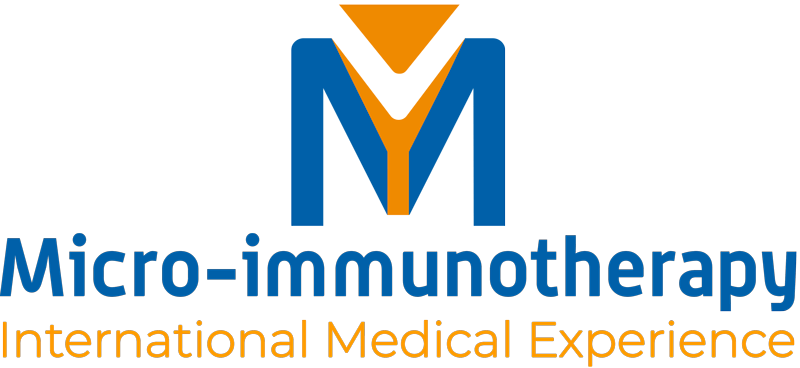(If you click on it, you will go directly to that part of the post)
What Is Inflammation?
Inflammation is a normal and necessary physiological response to trauma or infection. Inflammatory processes are aimed at defending the organism from external and internal disruptors (e.g. pathogens, injuries, chemicals, toxins, mutated cells). Upon contact with a disrupting agent, the immune system puts various processes in motion to identify, neutralise, clear the threat and thereupon repair the damaged tissue and reestablish homeostasis in the organism.
Four events are characteristic of the inflammatory response. Together they make up the so-called “Celsus tetrad of inflammation”, the typical symptoms of inflammation: redness, heat, swelling and pain.
- Redness and heat occur due to an accumulation of blood in the affected tissue, as the site of inflammation needs to be supplied with immune cells to deal with the threat.
- Swelling refers to the growing in size of the affected area due to accumulation of immune cells, which are recruited to the site of inflammation through vasodilation and subsequent irrigation of the tissue with plasma fluid.
- Pain occurs due to pressure and the action of specific mediators on nerve endings.
Types Of Inflammation: Acute And Chronic Inflammation
There are two main types of inflammation:
- Acute inflammation: rapid and short response characterized by irrigation of the affected area with plasma fluid and accumulation of lymphocytes.
- Chronic inflammation: if the mechanisms to resolve inflammation are defective or dysregulated, the inflammatory process lingers on over time. This can be due to an inability of the immune system to eliminate a pathogen (silent infections), persistence of foreign agents (toxins, heavy metals) or the development of an autoimmune tendency.
Cytokines: Messengers Coordinating Inflammation
The immune response is based on a cell-to-cell communication mediated by proteins / molecules known as cytokines. These play an important role in the onset and resolution of the inflammatory response. Proinflammatory cytokines such as IL-1 or TNF-a promote the activation of different immune cells and the secretion of further cytokines. Conversely, anti-inflammatory cytokines such as IL-10 or TGF-b mediate the resolution of inflammation, thus limiting its duration.
How Does Inflammation Become Chronic?
In health, tissue damage is followed by a balanced inflammatory response wherein cellular infiltration, division, migration and cell death are properly coordinated towards reestablishing homeostasis and resolving the acute inflammatory response. In a properly functioning immune system, inflammation must be a self-limited response. However, in chronic inflammation immune cells stay activated and accumulate in the tissue.
The causes of chronic inflammation can be traced back to the persistence in the body of immune stressors such as infectious and toxic agents, chronic stress, malnutrition, damaged cells or certain molecules that are overexpressed due to dysregulations in the cellular mechanisms. On the molecular level, chronic inflammation is characterised by an overproduction of proinflammatory cytokines, chemokines and/or reactive oxygen species and nitrogen species.
Is Chronic Inflammation Involved in Diseases?
Excessive and uncontrolled inflammation is involved in the onset and progression of multiple neurodegenerative and chronic diseases, such as:
- Rheumatoid arthritis
- Multiple sclerosis
- Parkinson’s disease
- Depression
- Cancer
- Inflammatory bowel diseases
- Fibromyalgia
- CFS/ME
- Cardiovascular diseases
Addressing the root inflammatory mechanisms involved in their onset and progression is thus essential to pave the way back to the reestablishment of homeostasis. An anti-inflammatory approach aimed at relieving the organism from immune stressors with a proinflammatory effect (chronic stress, toxins, silent, persistent infections -e.g. EBV, CMV-, malnutrition) and rebalancing immune signalling toward a balanced, protective inflammatory response is key in any disease prevention and treatment strategy.
Micro-immunotherapy: Communicating With Immunity To Regulate Inflammation
Micro-immunotherapy (low-dose immunotherapy) is an immunomodulatory diagnostic and treatment approach based on the use of low doses of immune messenger substances (mainly cytokines), which are administered sequentially in order to communicate with the immune system in its own language and train it back to a balanced response.
In excessive or chronic inflammation associated to various diseases, micro-immunotherapy is directed at readjusting immune signalling pathways so as to reestablish the balance between proinflammatory and anti-inflammatory cytokines, thus dampening inflammation to a protective level and supporting the organism in resolving inflammatory processes.
Advanced Training: Regulating Inflammation With Micro-immunotherapy

